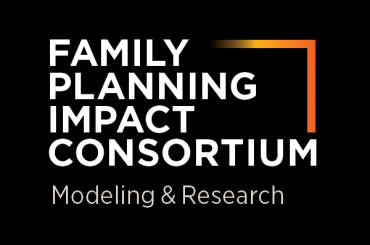Improving Job Search and Occupational Matching in a Turbulent Labor Market in Ukraine
Directed by: Rafael Lalive, Svitlana Tsymbaliuk
The full-scale invasion of Ukraine and the ongoing war had detrimental consequences for Ukraine and its labor market. In this context, effective matching between workers and suitable employment opportunities is central in re-building the labor market.
The full-scale invasion of Ukraine and the ongoing war had detrimental consequences for Ukraine and its labor market. In this context, effective matching between workers and suitable employment opportunities is central in re-building the labor market.








